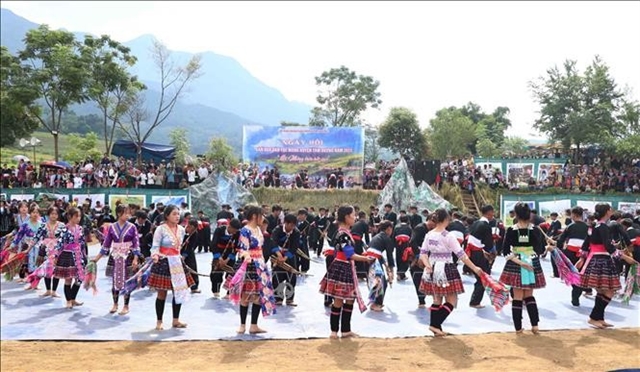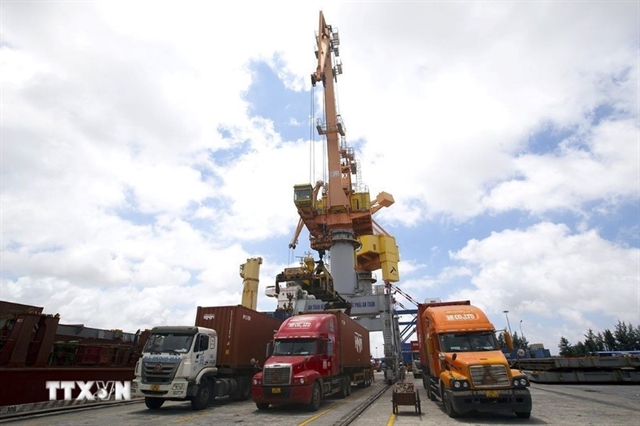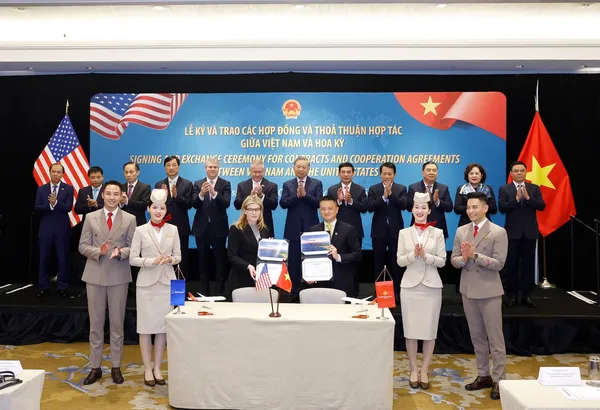 Brandinfo
Brandinfo
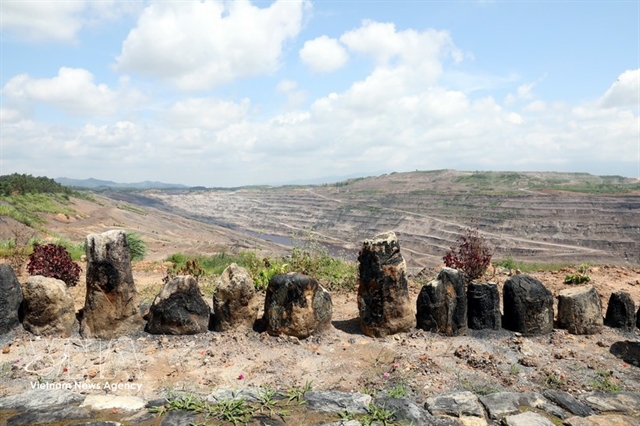
In recent years, green and sustainable tourism development has become a common trend in many countries around the world. Being "Green" has become a more and more important criterion for tourists to choose tourist destinations and products.
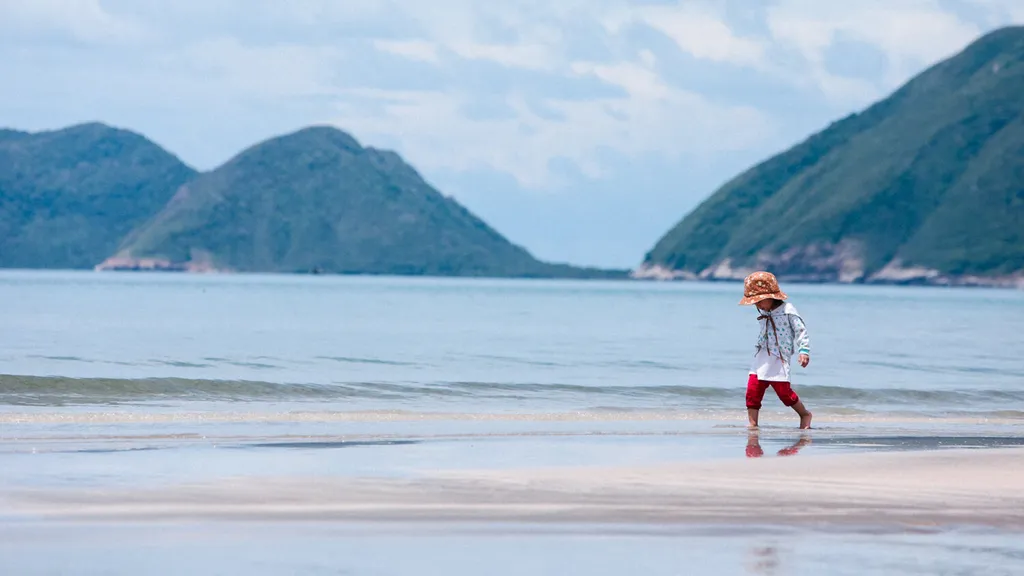 |
| Green tourism has become a common trend in the smokeless industry. A corner of Côn Đảo beach. — Photo Quy Coc Tu |
Over the past years, Vietnam’s tourism has made great progress in both the number of visitors and revenues. However, such robust growth of tourism has been imposing significant pressure on landscapes and culture of a number of tourist destinations, especially "hot" ones. Therefore, it is required that Vietnam's smokeless industry should have strategies and solutions to develop green tourism and meet the changing needs of tourists.
In recent years, the Vietnamese Government’s policies, strategies, planning, and orientations for tourism have been all aimed at enhancing sustainable tourism, developing green tourism that is associated with protecting the natural environment, preserving and promoting national cultural values, bringing benefits to local communities, and contributing to the country's socio-economic development.
Bà Rịa – Vũng Tàu Province has many potentials and opportunities to develop green and sustainable tourism in the community. Green tourism development is a long-term orientation for Vietnam in general and for Bà Rịa – Vũng Tàu Province in particular in the context of fluctuating environmental conditions.
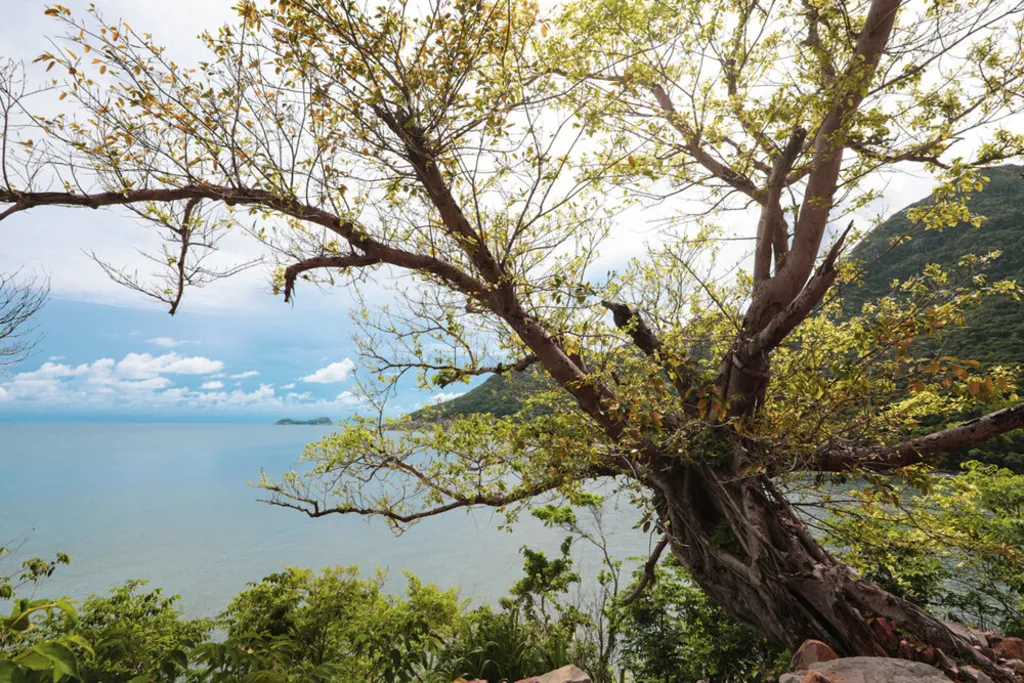 |
| Côn Đảo Island has all conditions and capabilities to expedite green tourism to revive the tourism industry and promote economic recovery. — Photo Quy Coc Tu |
To develop green tourism products, the World Tourism Organization identifies four main trends, including: Touchless tourism, on-site tourism, health care tourism, and unknown isolated destination. Therefore, any destination with potentials and strengths that meet these trends will have opportunities to revive tourism activities and develop sustainable tourism.
Regarding the above-mentioned trends, Côn Đảo Island possesses all conditions and capabilities to develop green tourism so as to revive the local tourism industry and promote economic recovery. Four elements, including green destination, green journey, green people, and green services, have been combined to form green tourism products.
As an emerging tourism product in Côn Đảo Island, watching turtles lay eggs has been attracting a large number of tourists. Those who visit this island will have a chance to witness the animal listed in the Red Book of the World Conservation Union lay eggs. There are up to 14 beaches in Côn Đảo Island for turtles to lay eggs such as Hon Tai, Hon Bay Canh, Hon Tre, etc. Among them, Hon Bay Canh is the beach with the most turtles coming ashore to lay eggs. Sometimes, there are up to 30 expectant mother turtles coming ashore to build their nests and lay eggs at night.
In September 2021, Bà Rịa – Vũng Tàu province approved an eco-tourism resort and entertainment project in Côn Đảo National Park for the period up to 2030. It has created an important legal basis to attract potential investors to Côn Đảo Island to develop green tourism projects. It is completely legal to lease the forest environment of the National Park for tourism development and this policy ensures the preservation of the forest environment on Côn Đảo Island.
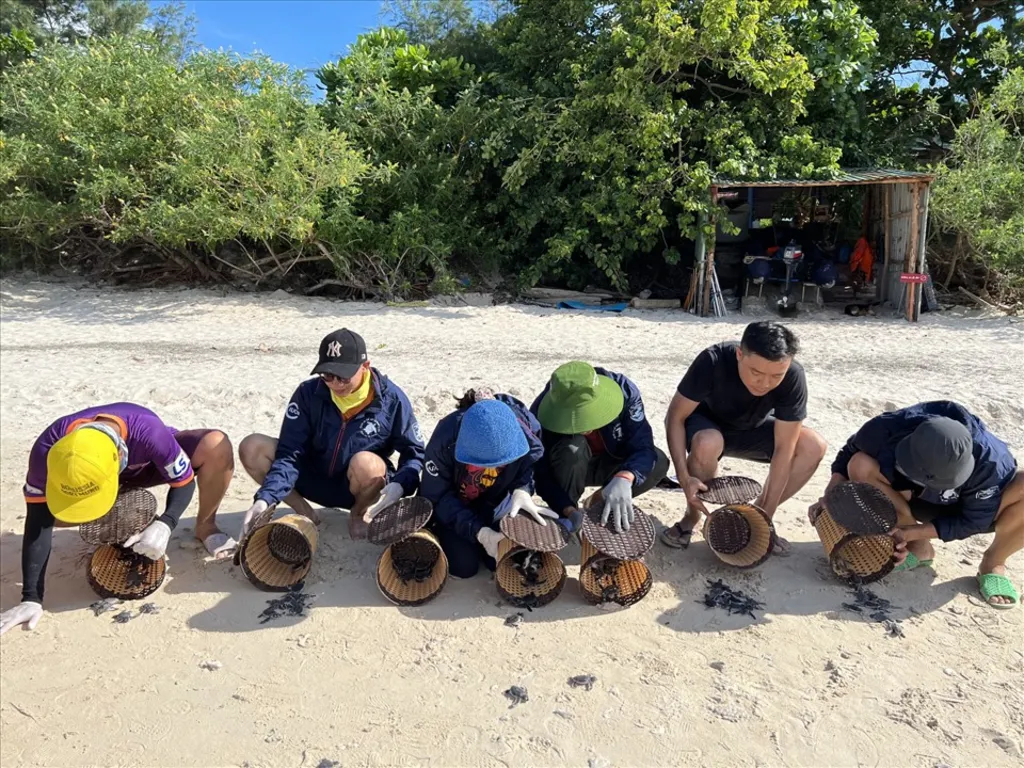 |
| Volunteers participated in sea turtle conservation activities on Côn Đảo Island. — Photo Hoang Phuoc |
It is clearly stated that among Ba Ria-Vung Tau Province’s major goals in the 2021-2030 period with a vision to 2050 are to develop Côn Đảo Island into a high-quality marine and island eco-tourism area at both the regional and international levels, protect and preserve special national historical relics for the purpose of honoring and educating historical traditions, preserve diverse forest and marine ecosystems towards the orientation of developing Côn Đảo Island to a high quality unique cultural – historical – religious ecotourism area in the region and the world.
Understanding the importance of green tourism, tourist attractions in Bà Rịa–Vũng Tàu province have been changing to become environmentally friendly destinations where people can have a chance to explore the nature as well as unique local culture to bring tourism products with indigenous culture values that create a distinct and unique strength of the province.
By Quỳnh Trang

